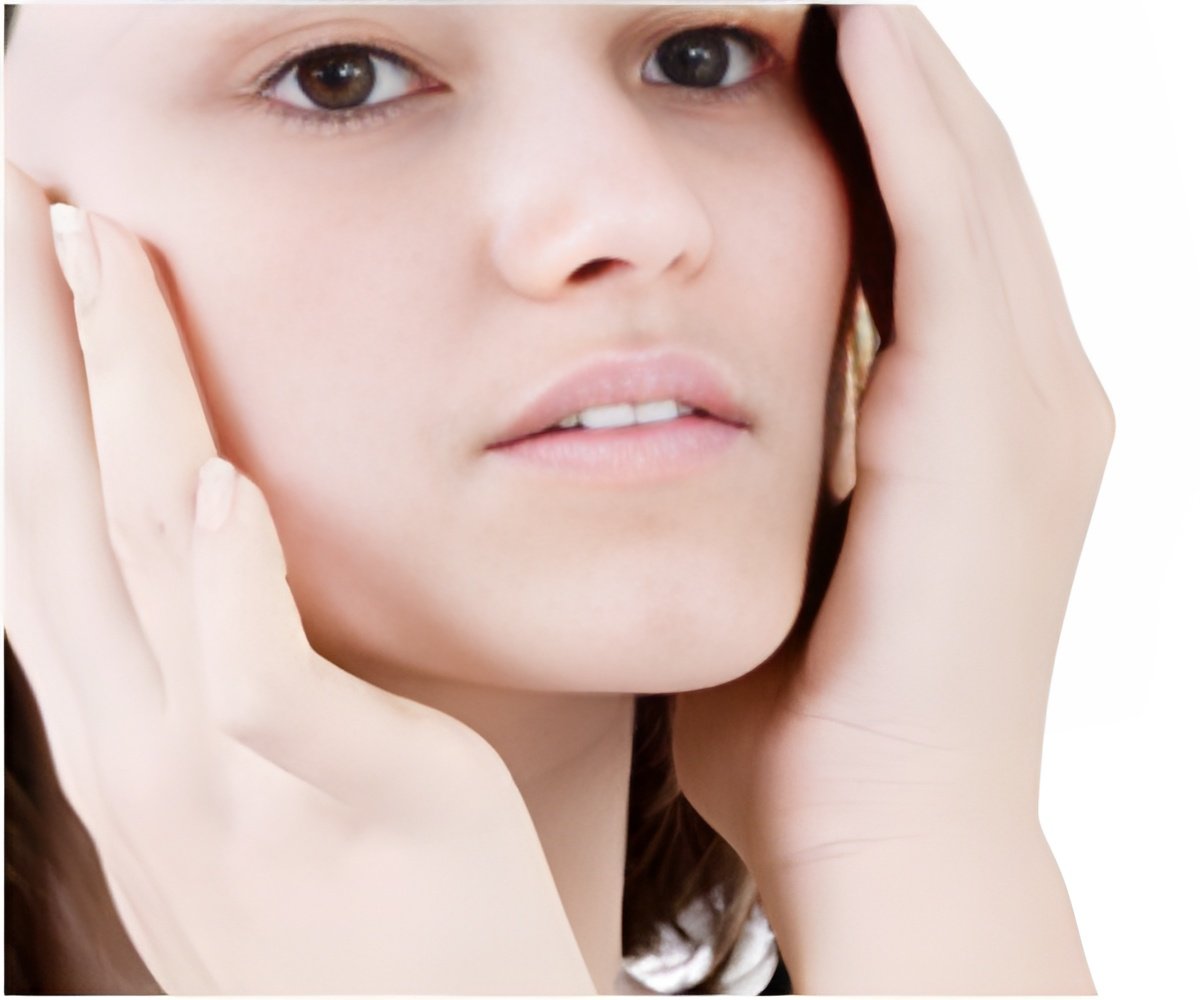
The electrodes measured activity in the nerves connecting photoreceptors - which detect different aspects of light - to the optic nerve, but not the brain.
They were made to see black and white chequered screen, which became greyer in six distinct stages, reducing the contrast between each square. Each stage was presented for 10 seconds, and the experiment was repeated over an hour.
The team found that electrical signals to the optic nerve were lower in people with depression.
For example, when viewing the stage containing black and white squares, healthy volunteers had three times the nerve activity of those with depression, indicating that depression diminishes the ability to detect contrast.
The more severe a person's depression, the worse their perception of contrast.
Advertisement
Emanuel Bubl of University of Freiburg said that a similar technique could be used to aid diagnosis of clinical depression.
Advertisement















